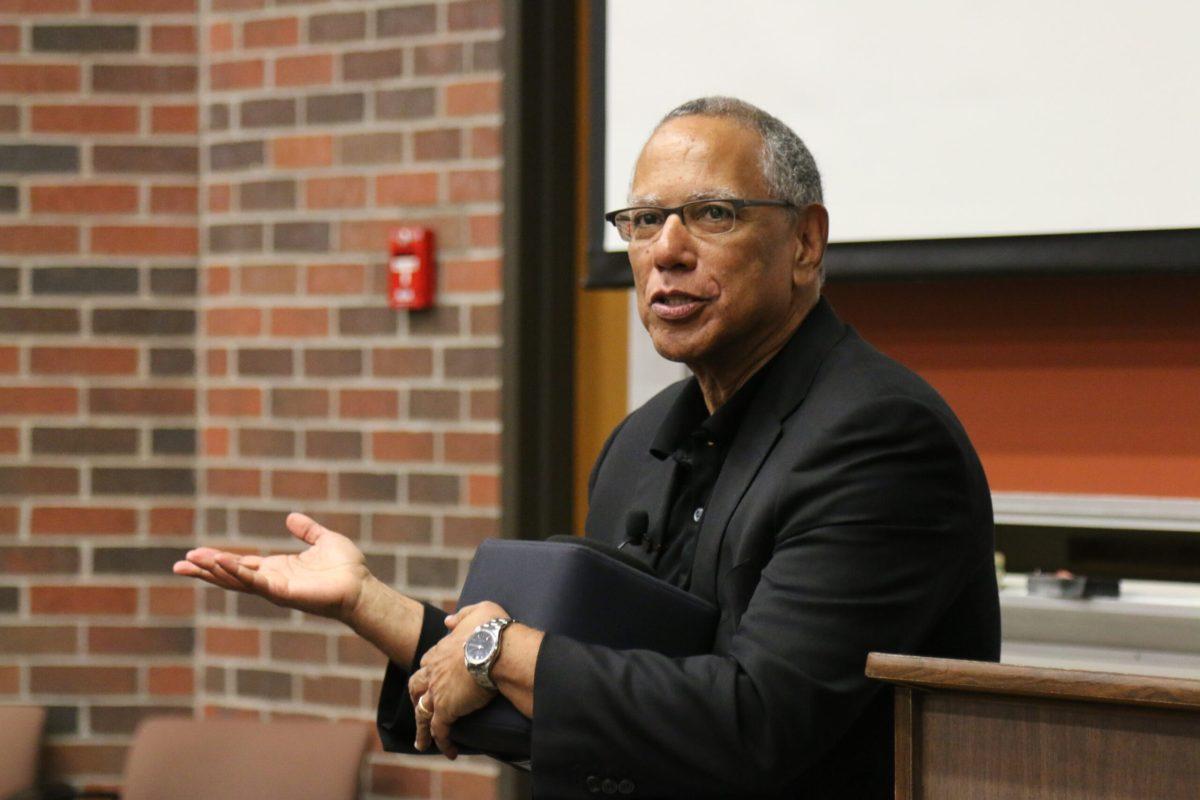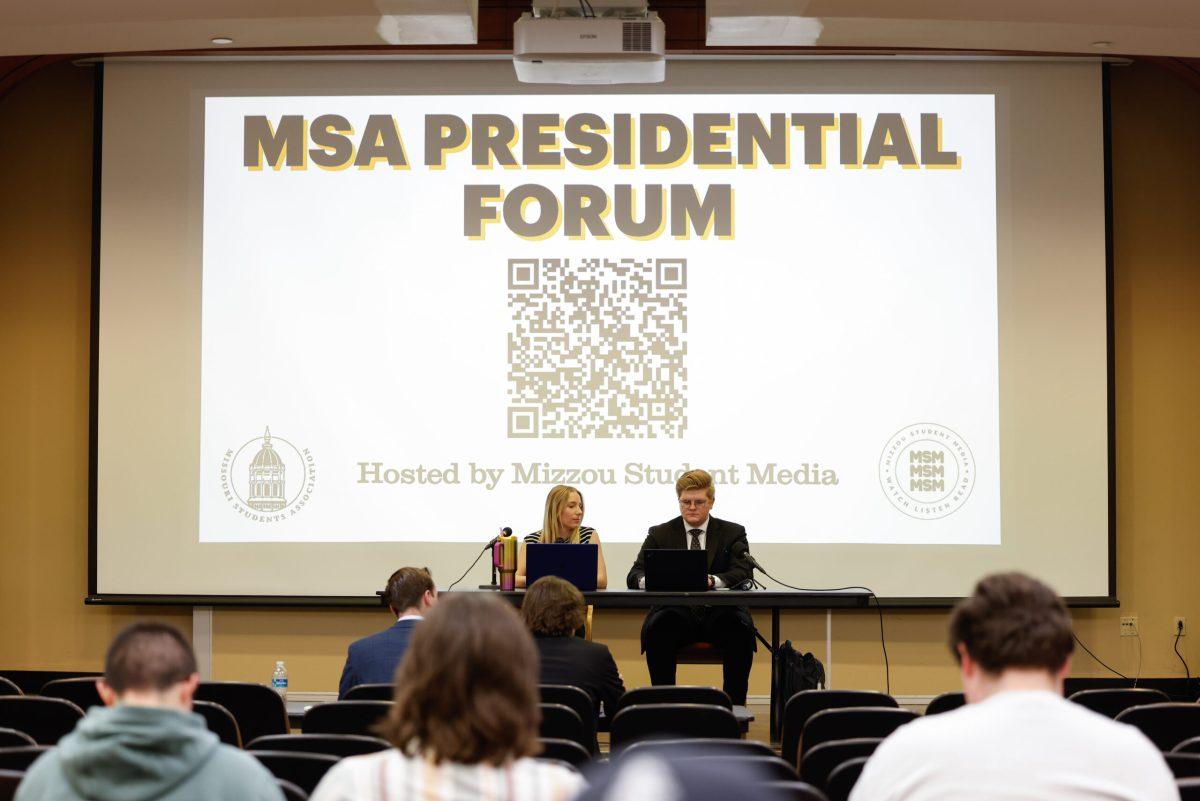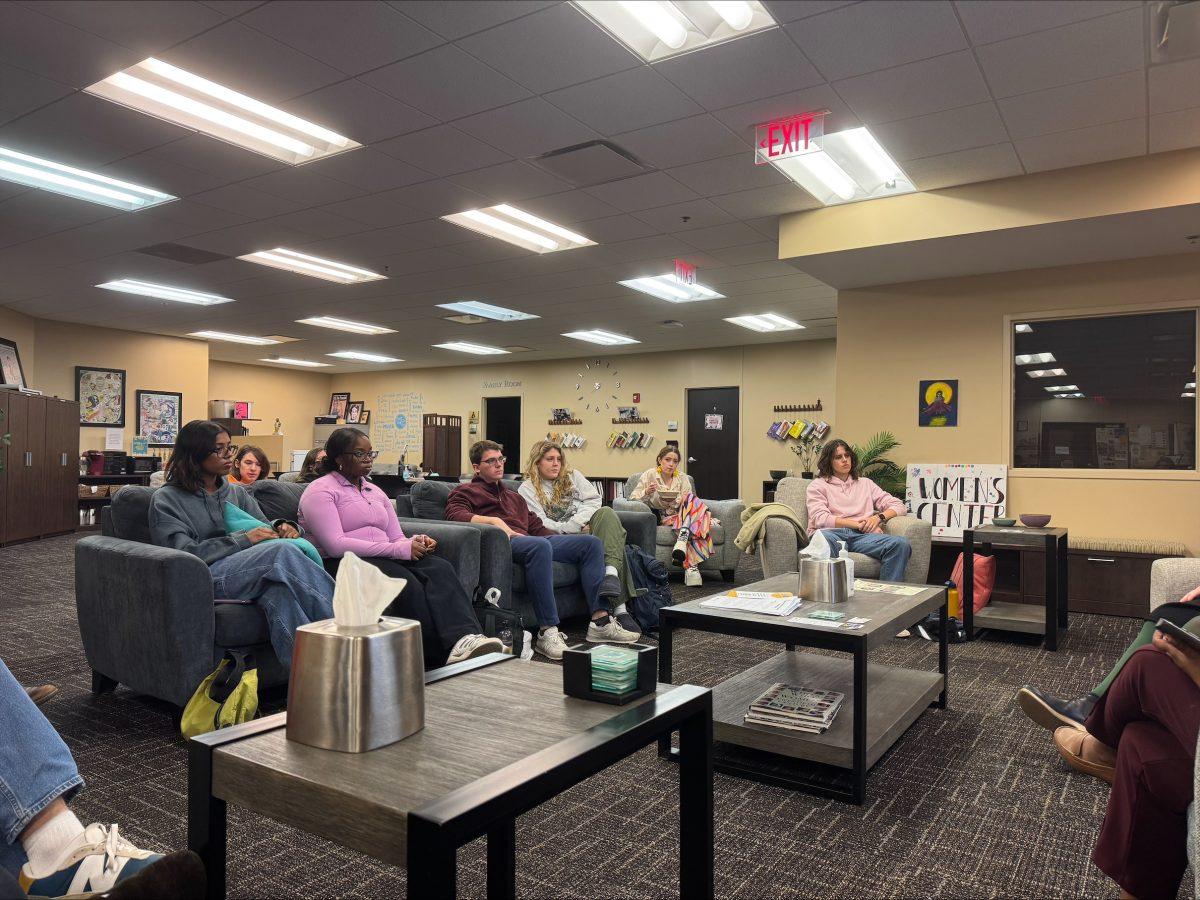Dean Baquet felt his decision to publish information about the Ukraine whistleblower’s employment was easy, he told the packed Fisher Auditorium of mostly students on Wednesday.
The Pulitzer-winning executive editor of The New York Times came under fire after the publication reported the whistleblower worked for the CIA. Baquet said concealing this information was a matter of suppressing information to readers that the Washington D.C. and New York City “establishment” already knew.
“At a time when Americans were trying to decide whether or not to support an impeachment investigation against the president of the United States, I thought people had the right to know,” Baquet said. “I think to sit on information like that, when everybody else in the process knows, is not journalistic.”
Baquet, one of four 2019 Missouri Honor Medal for Distinguished Service recipients, led a master class called “Why Reporting Matters in an Age of Opinion and Snark.”
Baquet answered audience questions for the bulk of the class. Audience members asked him for career advice and pressed him on the economic uncertainty of the current newspaper model.
The current state of local journalism makes him anxious — the idea of state-funded journalism, too.
“We’ve seen the government doesn’t like the press,” Baquet said. “Politicians are not to be trusted in that regard.”
When asked by an audience member if he felt big publications like The New York Times have a responsibility in helping save local journalism, he said yes. But while the Times is big, he said it will never be big enough to cover all communities, especially low-income communities without local papers.
To help struggling local newspapers, Baquet said he wants to train journalists who can take the training they learned from the Times to other newsrooms. He also said partnering with smaller news organizations and universities would help.
With the decline in print journalism, Baquet said the traditional pipeline of hiring new reporters has shifted from traditional city papers to new organizations like BuzzFeed.
Baquet urged his audience to ignore social media hate and focus on the work itself.
“Your goal is to publish,” Baquet said. “That’s the business we’re in, the craft we’ve chosen.There should be very, very little that I know that you don’t get to know. That’s the rule. The more I know that you don’t know, the more I’m just another power player in New York and Washington who gets to smooze about all the cool stuff I know.
The three other recipients were Burrell Communications Group, Stanley Nelson and Marina Walker Guevara.
_Edited by Ben Scott | [email protected]_














